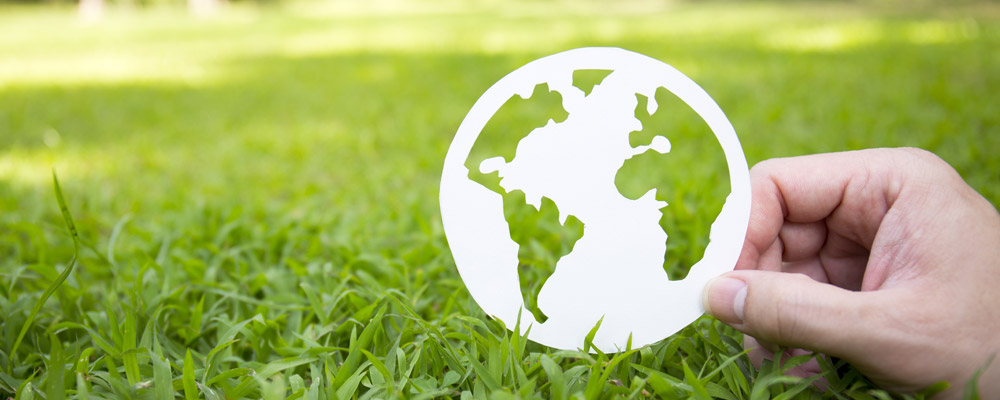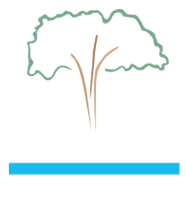Environmental Impact Varies Depending On Specific Bearings Used Posted on Tuesday, June 9th, 2020 and is filed under Hydro Power, News

For many years, synthetics and composite guide bearing have performed their functions in hydro plants. However, recent years have seen a rise in maintenance problems associated with the bearings as they wear over time, in addition to the increased awareness of the environmental consequences of their use.
Specifically, synthetic/plastic and composite guide bearings generally require a clearance between the shaft and bearing that has the effect of “hammering”, as opposed to a smooth rotation, which can cause the release of minute particles of the bearing material into the water but also causing ultimate damage to the equipment due to long term vibration stressing metal components throughout the system.
Fortunately, there is a time-tested option to convert any oiled or composite bearing into a long-lasting run-of-the-river bearing with no risk to the environment. Lignum vitae bearings operate at zero clearance on a mixed-mode of lubrication that allows direct contact and when a gap develops, it shifts to operating hydrodynamic like an oiled-film bearing with a reduced coefficient of friction. When the shaft warms, the wood’s guaiac resin glazes the surface and remains in place for years between adjustments and requires nothing but the free run-of-the-river without filtering – thereby eliminating all regulatory risks resulting from discharging oil into the water. Our team collaborates with plant operators to understand their unique challenges. Contact us to see how the Lignum Vitae North America personalized approach can lead to the superior solution for your needs.

"The Natural Bearing Choice for Over 130 Years"